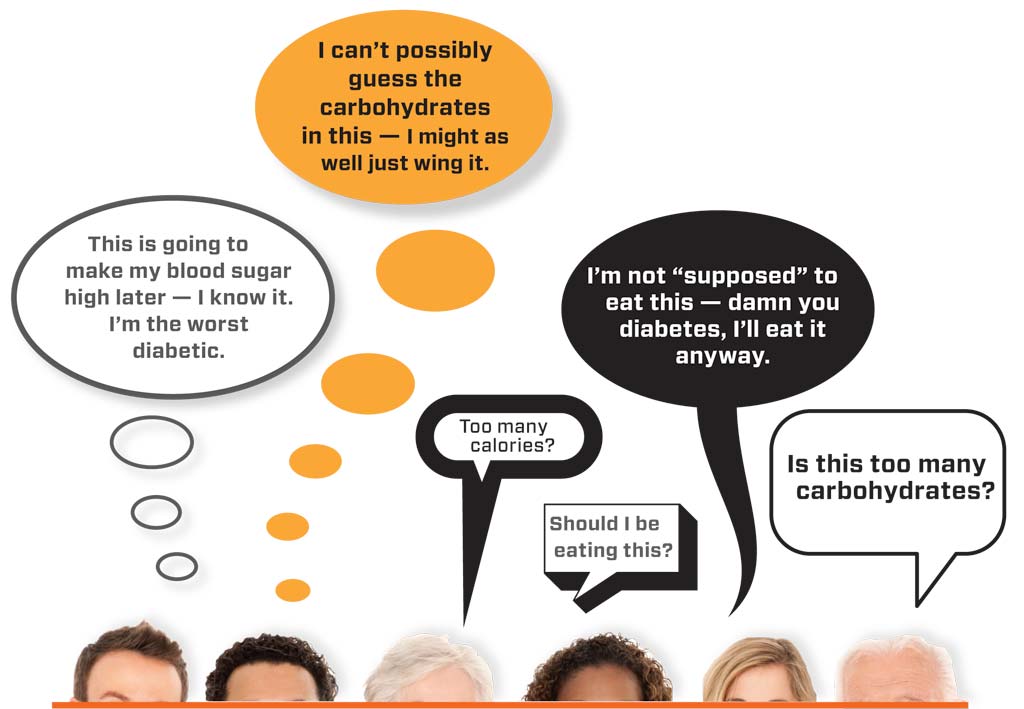Why Kids with Type 1 Are Fed an Unhealthy Diet

A child’s Type 1 diagnosis is a life-altering experience for a family, one which requires a fundamental rethinking of the familial diet. Unfortunately, many parents have trouble providing a healthy meal plan for children with Type 1, even with appropriate nutritional training.
That was the key finding of a recent study published in the Journal of the Academy of Nutrition and Dietetics. The small study focused on 23 families from the midwestern U.S. with young children (ages 1-6) who had been diagnosed with Type 1 within the past six months. Parents filled out a questionnaire, kept a three-day diet journal, and were asked how they defined healthy eating.
In an interview with Insulin Nation, lead researcher Susana Patton, an Associate Professor at the University of Kansas Medical Center, says the goal of the study was to more clearly define why parents were unable to keep children on an appropriate diet for diabetes management.
“We wanted to quantify what parents were perceiving and telling us so we could see how [buying diabetes-healthy foods] was a barrier for them,” says Patton.
Participants responded with some more obvious reasons for not being able to provide a diabetes-healthy diet, including the distraction of adjusting to diabetes care, the financial burden of buying healthy food, and a lack of time to cook healthy meals. Another problem that emerged, however, was a psychological block parents felt toward accepting their children had Type 1; parents reported that they didn’t want their kids to “feel different” from other kids, so they often gave in to demands for unhealthy foods.
The study results point to the need for incorporating psychological and behavioral strategies in diabetes nutritional education courses, says Patton. It’s important to get a complete picture of what families of newly diagnosed children are going through and design nutrition programs that fully meet their needs, she says.
“This study validates the concerns that families have and gives us an appreciation for what kind of impact families might experience when we ask them to make changes in diet,” Patton concludes.
Thanks for reading this Insulin Nation article. Want more Type 1 news? Subscribe here.
Have Type 2 diabetes or know someone who does? Try Type2Nation.







